POLITICS AND MEDIA
A Franco-German document that is widely believed to “set in motion” a Conference on the future of Europe has been the subject of widespread debate and media coverage in the past few days. In fact, it was discussed for months, even in the official seats in Strasbourg and Brussels. So what’s the news? There is no shortage of possible answers…
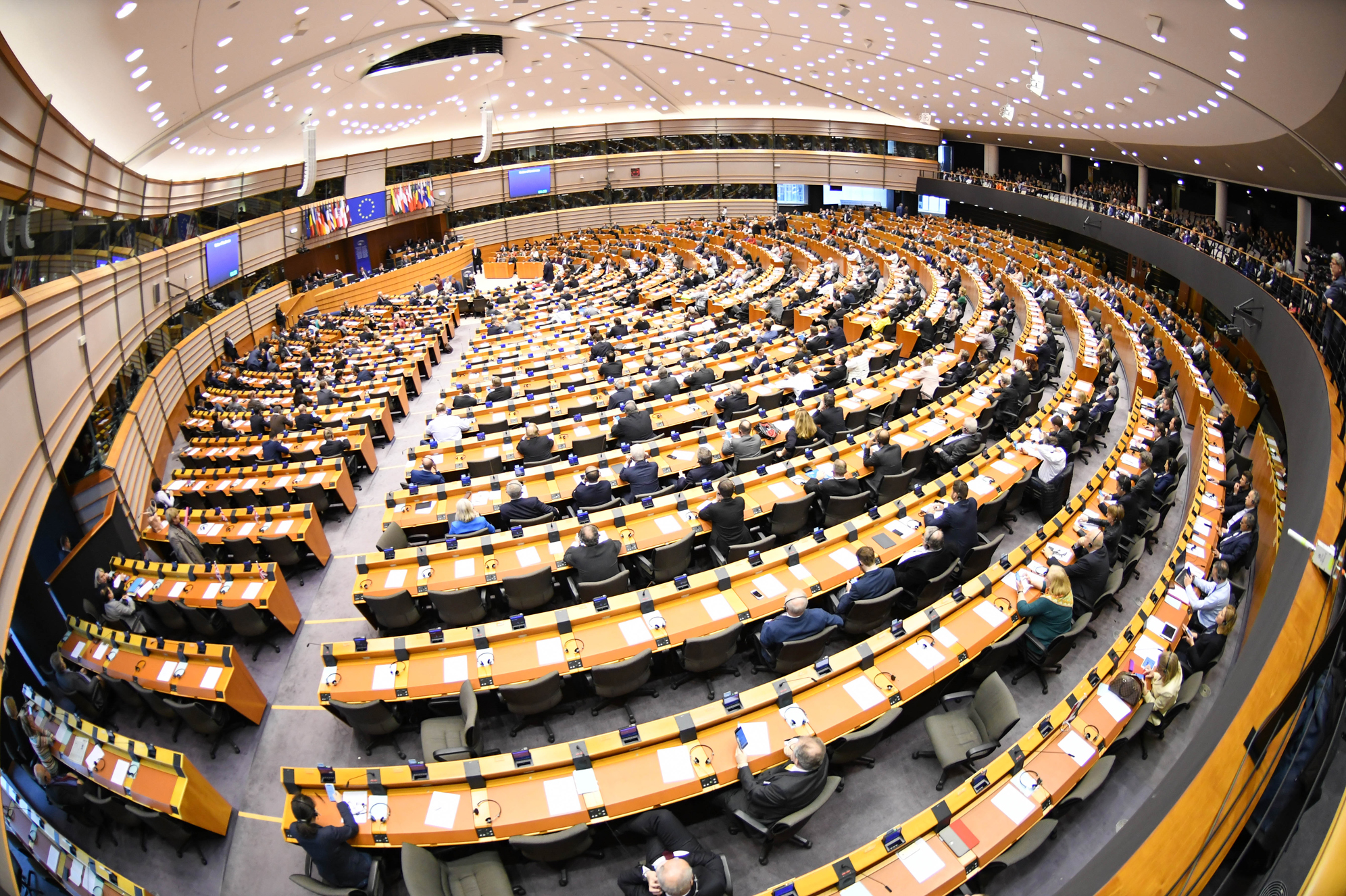
The emphasis given by an extensive number of media outlets to a Franco-German “non-paper” (position paper, i.e. a contribution to the political debate), circulating for some days and regarding the future “Conference on the future of Europe”,  raises several questions. Leading newspapers in Italy and throughout the rest of the continent have attached exceptional importance to the two pages, outlining the key points of this Conference, intended to help re-think and, if anything, relaunch the European Union, affected by a multitude of “crises” (political, economic, demographic, migratory, communicative…), besieged by nationalists and populists and surrounded by a generic – and sometimes genuine – scepticism about the future of the “common home”.
raises several questions. Leading newspapers in Italy and throughout the rest of the continent have attached exceptional importance to the two pages, outlining the key points of this Conference, intended to help re-think and, if anything, relaunch the European Union, affected by a multitude of “crises” (political, economic, demographic, migratory, communicative…), besieged by nationalists and populists and surrounded by a generic – and sometimes genuine – scepticism about the future of the “common home”.
“Franco-German non-paper on key questions and guidelines” is the title of the draft-document with 5 key-sections: who should take the initiative of the Conference; which issues should be addressed; what kind of structure is needed; strong involvement of citizens, and expected results. Each of these points has been on the agenda of European institutions – Parliament, Commission and Council – for some time already, and they have been working on it since last July, when the President-elect of the Commission, Ursula von der Leyen, officially launched the idea of the Conference.
 What does the “non-paper” say? It argues that the Conference should be promoted by the three above-mentioned EU institutions, led by a prominent European personality (as known, the name of Belgian Guy Verhofstadt has been circulating for months), and by a steering group tasked with coordinating the event. The Franco-German text also sets out some of the priorities that the Conference should address, such as the role of the EU in the world, security, migration, neighbourhood policy, digitisation, climate change, social rights, the rule of law… The Conference is required to identify those reforms that could be necessary to revitalise the Union. With regard to the “structure” of the Conference, there is talk of an inter-institutional mandate, by January 2020; a first phase of activity, focused on the functioning and the democratic legitimacy of the EU (including trans-national electoral rolls for the election of the European Parliament, the “spitzencandidaten ” procedure for selecting the President of the Commission), from next February to the summer of 2020. A second, more comprehensive stage, lasting until the beginning of 2022, would focus on other political priorities and the different areas of intervention of the European Union. The conference’s high-point would, incidentally, coincide with the rotating presidencies of Germany and France. It would involve EU citizens and produce a final document to be submitted to the European Council, made up of the heads of state or governments of the Member Countries.
What does the “non-paper” say? It argues that the Conference should be promoted by the three above-mentioned EU institutions, led by a prominent European personality (as known, the name of Belgian Guy Verhofstadt has been circulating for months), and by a steering group tasked with coordinating the event. The Franco-German text also sets out some of the priorities that the Conference should address, such as the role of the EU in the world, security, migration, neighbourhood policy, digitisation, climate change, social rights, the rule of law… The Conference is required to identify those reforms that could be necessary to revitalise the Union. With regard to the “structure” of the Conference, there is talk of an inter-institutional mandate, by January 2020; a first phase of activity, focused on the functioning and the democratic legitimacy of the EU (including trans-national electoral rolls for the election of the European Parliament, the “spitzencandidaten ” procedure for selecting the President of the Commission), from next February to the summer of 2020. A second, more comprehensive stage, lasting until the beginning of 2022, would focus on other political priorities and the different areas of intervention of the European Union. The conference’s high-point would, incidentally, coincide with the rotating presidencies of Germany and France. It would involve EU citizens and produce a final document to be submitted to the European Council, made up of the heads of state or governments of the Member Countries.
 In fact, all these elements are being discussed in various forums in Brussels and Strasbourg, put into writing in some – non-secret – circulating documents. For example, the Constitutional Affairs Committee (AFCO) and the Conference of Presidents (President Sassoli and chairmen of the political groups) of the European Parliament are involved. A position paper (see pictures below), with proposals on the same subject, was drawn up by the presidents of the Committee of the Regions and the EU’s Economic and Social Committee, Karl-Heinz Lambertz and Luca Jahier, as early as December 2018. Another interesting document – to cite just a another example – was produced by the European Federalist Movement.
In fact, all these elements are being discussed in various forums in Brussels and Strasbourg, put into writing in some – non-secret – circulating documents. For example, the Constitutional Affairs Committee (AFCO) and the Conference of Presidents (President Sassoli and chairmen of the political groups) of the European Parliament are involved. A position paper (see pictures below), with proposals on the same subject, was drawn up by the presidents of the Committee of the Regions and the EU’s Economic and Social Committee, Karl-Heinz Lambertz and Luca Jahier, as early as December 2018. Another interesting document – to cite just a another example – was produced by the European Federalist Movement.
Thus the news published recently in a major Italian newspaper, according to which “Berlin and Paris have decided to launch a proposal on an Intergovernmental Conference on the future of Europe”, seems groundless. Suffice it to say that a specific working group has been set up within the European Parliament over a month ago. Commission and Council departments are already working on the subject, and a timetable has already been prepared setting out the stages leading up to the Conference: the European Council will discuss it on 12 and 13 December in Brussels; the Commission is due to adopt a document on 17 December; the conclusions of the European Parliament working group will be presented at the Conference of Presidents meeting on 19 December. A Parliament resolution – long in the pipeline, known to experts on European issues, debated again on 25 November in AFCO in Strasbourg – is scheduled to be voted on in the plenary session of January 2020.
 As mentioned, the Conference is planned to be held in the Brussels buildings of the EU Parliament. Even its composition has long been discussed, and it is said to consist of approximately 500 members: 75 MEPs, one representative for each of its 27 member state governments, 50 members of national parliaments, 27 for the Committee of the Regions, 75 for the EESC, plus 250 citizens drawn by lot among those who will register on a dedicated online platform (with proportional criteria for each State).
As mentioned, the Conference is planned to be held in the Brussels buildings of the EU Parliament. Even its composition has long been discussed, and it is said to consist of approximately 500 members: 75 MEPs, one representative for each of its 27 member state governments, 50 members of national parliaments, 27 for the Committee of the Regions, 75 for the EESC, plus 250 citizens drawn by lot among those who will register on a dedicated online platform (with proportional criteria for each State).
In her keynote address to the Euro Assembly on Wednesday 27 November, Commission President Ursula von der Leyen made further reference to the Conference. Three Commissioners-designate: Dubravka Suica, Maros Sefcovic and Vera Jourova – a fact also known for weeks – will oversee organisational and thematic developments.
Sir news agency has published several reports on the institutional steps, the issues raised and the decisions leading up to the launch of the Conference on the future of Europe, not lacking difficulties and some misunderstandings. Thus, what is the “novelty” of the Franco-German document, whose critical aspects were examined at the meeting of EU ambassadors on Wednesday 27 November?
It might consist above all in journalists and politicians’ underestimation – or lack of attention – of an issue which, as mentioned, has been in the pipeline for months. Furthermore, it is quite conceivable that the Franco-German origin of this far-from-original proposal has awoken dormant European consciousness. In other words, the alert is raised by an initiative taken by the “usual” governments of Berlin and Paris simply because presumably the other 25 governments have no proposal to make, locked in a surreptitious and guilty silence.
It should be said, however, that France and Germany are also involved in the matter because they don’t have a clear conscience on this issue. In fact the Conference is also, not only obviously, an answer to the fact that Merkel and Macron opposed the “spitzencandidaten” procedure in the choice of the president of the EU Commission: they rejected German EPP MP Manfred Weber, and in July they imposed Ursula von der Leyen, with the approval of all the member countries, effectuating a veritable constraint on the “lead candidate system” procedure.
In conclusion: the Conference on the Future of Europe could be an opportunity for a deep reflection on the EU, to bring about long-awaited reforms and renewed political impetus, to make the Union a “tool” increasingly at the service of citizens, with an authoritative voice on the world stage. However, it requires that every involved player (including the media) take this opportunity seriously. “Absentees are always wrong”, as the saying goes. It will also apply in this case.